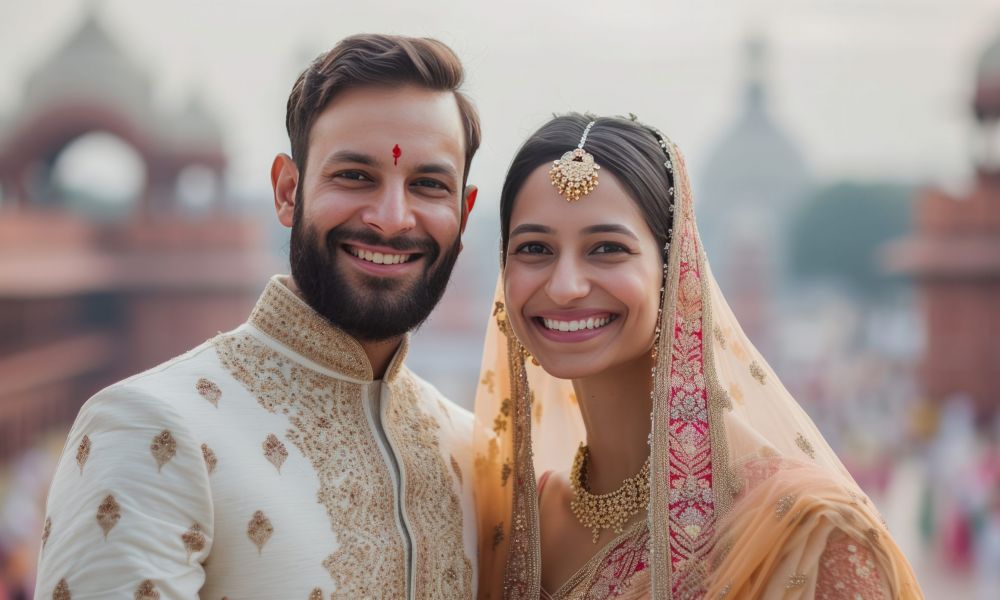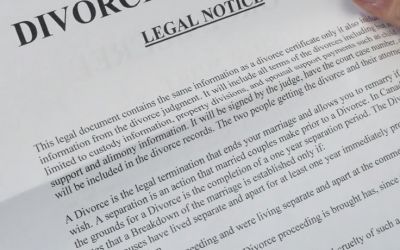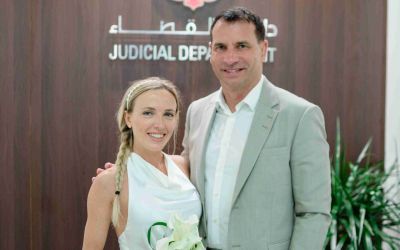
Interfaith Marriage in Dubai: A Complete Legal Guide (2025)
Table of Contents ▼
Dubai, a cosmopolitan city with residents from over 200 nationalities, has evolved its legal system to cater to its diverse population.
A major change came in 2022 with the introduction of civil marriage for non-Muslims under Federal Decree Law No. 41. This law offers a secular, legal pathway for expatriates and interfaith couples to marry, free from religious restrictions.
In this guide, we’ll cover the essential details about civil and interfaith marriage in Dubai, including the legal framework, eligibility requirements, the step-by-step process, recognition of foreign marriages, and cultural considerations for 2025.
Legal Framework for Civil Marriage in Dubai
Federal Decree Law No. 41 of 2022
This landmark law allows non-Muslim expatriates and tourists to enter into civil marriages in the UAE. The marriage is governed by civil law, not Sharia law, and both residents and tourists can opt for a civil marriage in Dubai. The process is streamlined and legally binding, conducted by Dubai Courts.
Sharia Law vs. Civil Marriage
In Dubai, there are distinct differences between Sharia marriage (for Muslims) and civil marriage (for non-Muslims). For example:
- Muslim men can marry Christian or Jewish women under Sharia law but cannot marry atheists or polytheists unless they convert to Islam.
- Muslim women cannot marry non-Muslim men unless the man converts to Islam.
By contrast, civil marriage allows non-Muslim couples to marry freely without the constraints of religious laws.
Eligibility for Civil Marriage in Dubai
To qualify for a civil interfaith marriage in Dubai, both partners must meet specific criteria. Both individuals must be non-Muslim; Muslims must follow Sharia law for marriage. At least one partner must be a UAE resident, and both must be at least 21 years old. Additionally, the couple must not be closely related or already married.

For residents, the required documents include valid passports, Emirates IDs, proof of marital status (single, divorced, or widowed), and a residential visa copy. Tourists will need passport copies, an entry visa (if applicable), and a certificate of no impediment from their home country.
Step-by-Step Civil Marriage Process
- Submit Application
Couples can apply online. The application fee typically costs around AED 2,500, although this can vary depending on the services requested. - Attend Marriage Ceremony
The ceremony is conducted by a notary public, meaning no religious officiant is required. Witnesses are optional; the notary public serves as the legal witness to the union. The ceremony is available in multiple languages, including English and Arabic. - Receive Marriage Certificate
After the ceremony, the marriage certificate is issued immediately. If necessary, the certificate can be attested for international use.
Some couples opt for a hybrid ceremony, where they go through the legal process in court and then follow it with a cultural or religious celebration.
Interfaith Marriage: Muslims and Non-Muslims
While the new civil marriage law provides opportunities for non-Muslim couples, there are specific restrictions for Muslim residents. For Muslim men, marriage to Christian or Jewish women is allowed under Sharia law, but they cannot marry atheists or polytheists unless the women convert to Islam. On the other hand, Muslim women cannot marry non-Muslim men unless the man converts to Islam.

In certain cases, couples marry abroad and later register their interfaith marriage in the UAE. However, this process can be complicated and may require navigating legal hurdles.
Recognition of Foreign Marriages
If a couple has married abroad and wishes to have their marriage recognized in Dubai, it is typically accepted as long as it was legally performed in the home country. However, the marriage may require attestation by the UAE Embassy and the Ministry of Foreign Affairs (MOFA). Marriages that violate UAE laws, such as same-sex marriages, are not recognized, and the required documentation must be complete and properly attested to ensure recognition.
Challenges and Cultural Considerations
Interfaith marriage couples may face challenges, particularly when it comes to family and social pressure, especially in conservative communities. Additionally, legal complications can arise if one partner is Muslim, particularly concerning matters like child custody and inheritance, which are governed by Sharia law in such cases.

Dubai supports interfaith marriage through its tolerance policies, promoting multicultural coexistence. The civil courts offer neutral legal solutions for resolving disputes within interfaith marriages.
Conclusion
While the system has become more accessible, navigating it successfully still requires attention to detail. Checking the latest requirements, allowing time for paperwork processing, and understanding how your specific situation fits within the framework all contribute to a smooth experience.
When in doubt, consulting with professionals at Easy Wedding who specialize in UAE family law can provide valuable guidance tailored to individual circumstances.
With these changes, Dubai has made it easier for interfaith marriage couples to navigate the marriage process, offering a clearer and more inclusive legal framework than ever before.



